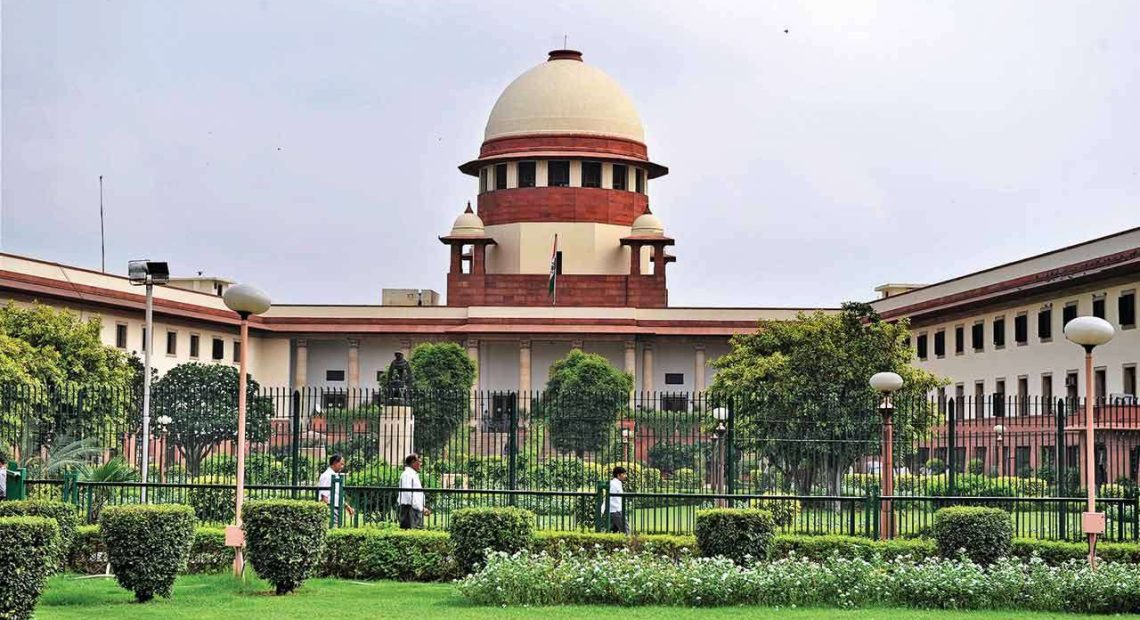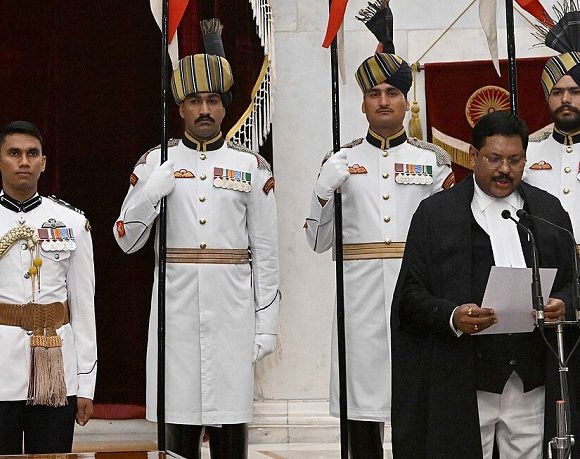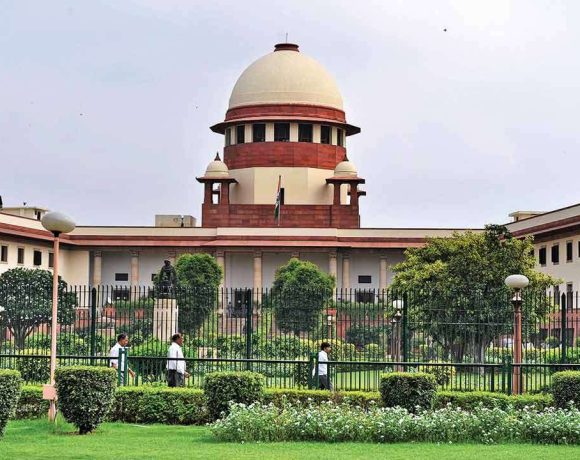
Supreme Court Rejects New Petitions on Waqf Act
The Supreme Court of India has refused to admit new petitions challenging the constitutional validity of the Waqf (Amendment) Act, 2025, reaffirming its earlier decision to only consider a limited number of cases already listed before it. A bench headed by Chief Justice B R Gavai and Justice Augustine George Masih conveyed its reluctance to entertain what it called unnecessary duplication of legal efforts.
Supreme Court Calls Out Petition Proliferation
“Everybody wants his name to be in the newspapers,” Chief Justice Gavai stated pointedly in open court, expressing frustration at the flood of fresh petitions seeking to challenge the new Waqf law. The court emphasized that it will not reopen the gate for every litigant filing under similar grounds, noting that such conduct delays the core judicial process.
The Solicitor General of India, Tushar Mehta, also supported the court’s approach, stating, “This is becoming endless. Everyone keeps filing fresh petitions. This cannot continue.” The court maintained that the hearing scheduled for May 20 will focus strictly on the five already shortlisted pleas, and others wishing to participate must file intervention applications rather than fresh writs.
What’s in the Waqf Amendment Act, 2025?
The Waqf (Amendment) Act, 2025, signed into law on April 5, brings sweeping reforms to the management and oversight of waqf properties. Key changes include the inclusion of non-Muslims in Waqf Boards, the controversial removal of the ‘waqf by user’ clause, and giving district collectors the power to adjudicate disputes over waqf property ownership.
These changes have sparked serious concern among several Muslim organizations, who see the move as an infringement on minority rights. The most controversial aspect — the elimination of ‘waqf by user’ — has led to fears that long-standing religious structures may be rendered illegal without formal documentation.
Tensions Rise as Case Heads to May 20 Hearing
With protests erupting across parts of India, including a violent episode in Murshidabad, West Bengal, over 20 central paramilitary companies have been deployed to maintain order. The Centre, in its submissions, assured the Supreme Court that no waqf properties would be denotified until May 5, attempting to preserve status quo while the matter is sub judice.
The court has made it clear that it will not be hearing any plea for stay on the provisions of the original 1995 Waqf Act in the upcoming hearing. However, it will deliberate on interim relief concerning the new amendments on May 20, a date now being closely watched by both legal observers and affected communities.

















